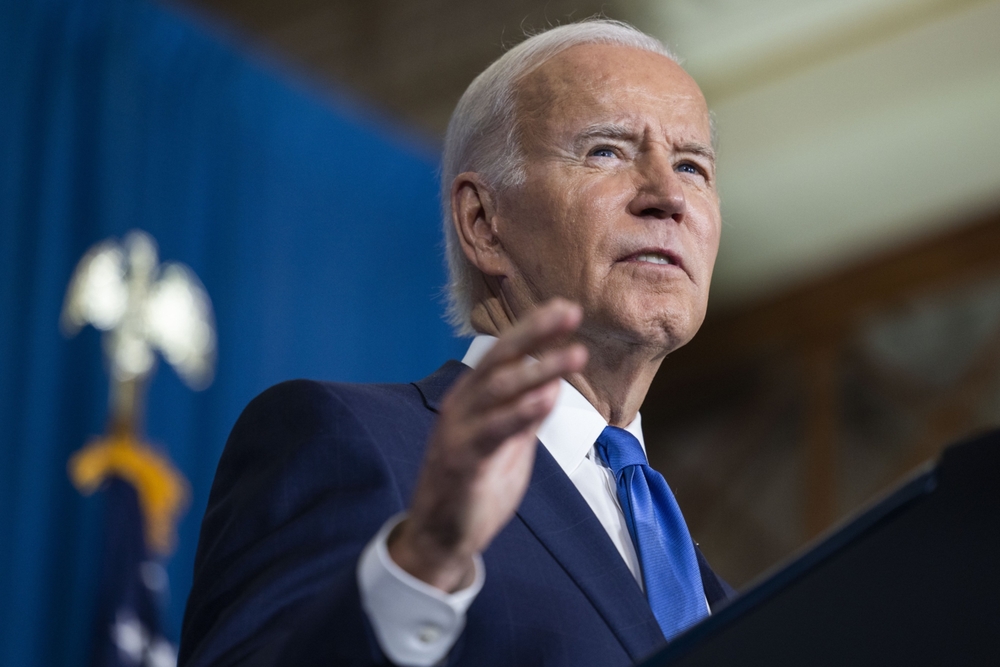Colorado’s latest legislative move may leave taxpayers reeling, as Democrats push for sanctuary state status amid fierce opposition.
At a Glance
- Colorado Democrats propose legislation to limit cooperation with ICE.
- Bill may prohibit ICE detainers and restrict information sharing.
- Concerns over the bill’s financial implications and comparisons to the Holocaust.
- Republican lawmakers, joined by Democratic dissenters, vow public opposition.
Sanctuary State Ambitions
The deeply contentious bill intends to transform Colorado into a sanctuary state, protecting immigrants by limiting cooperation with federal immigration authorities like ICE. It targets current protocols that allow sheriffs to honor ICE detainers and discourages public employees from sharing immigration data with federal entities. Critics argue such measures impair law enforcement’s ability to maintain public safety.
Proponents of the bill also push for changes to identification requirements for in-state tuition and driver’s licenses, which opponents fear could weaken immigration enforcement by reducing operational pathways. Despite the Democratic majority in the state legislature and the governor’s office, foes believe public outcry might delay its progress.
Financial Fallout Looms
Concerns of fiscal irresponsibility emerge from all sides. Colorado House Republicans estimate current state expenditures on services for illegal immigrants exceed $544 million annually. They argue the new bill would only inflate these figures, placing greater burdens on taxpayers. The bill’s conflict with Governor Jared Polis’ calls for enhanced federal immigration enforcement resources adds another layer of complexity.
The Democratic camp counters by framing the bill as vital to safeguarding civil liberties and constitutional rights. Nonetheless, there are fears of potential federal backlash that could lead to a loss of important federal funding, further straining state finances and increasing taxpayer costs.
Public Sentiment and Political Realities
The bill, currently poised for a House vote, is already under immense scrutiny. If successful, it will head to Governor Polis for approval, likely attracting national attention and possible legal challenges. Republican State Representative Carlos Barron, himself an immigrant, calls the bill an affront to the legal immigration process, advocating instead for redirecting funds to public education. However, his amendment suggestion was dismissed by the Democratic majority.
While Democrats remain undeterred, Republicans and dissenting voices within the Democratic party hold onto hope that rallying public sentiment can stall or reshape the proposal. As the legislative gears turn, Colorado stands at a crossroads, with the implications of this bill reaching far beyond its borders.







